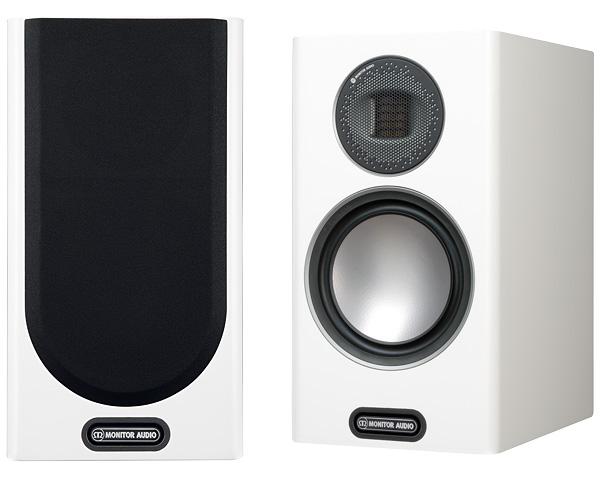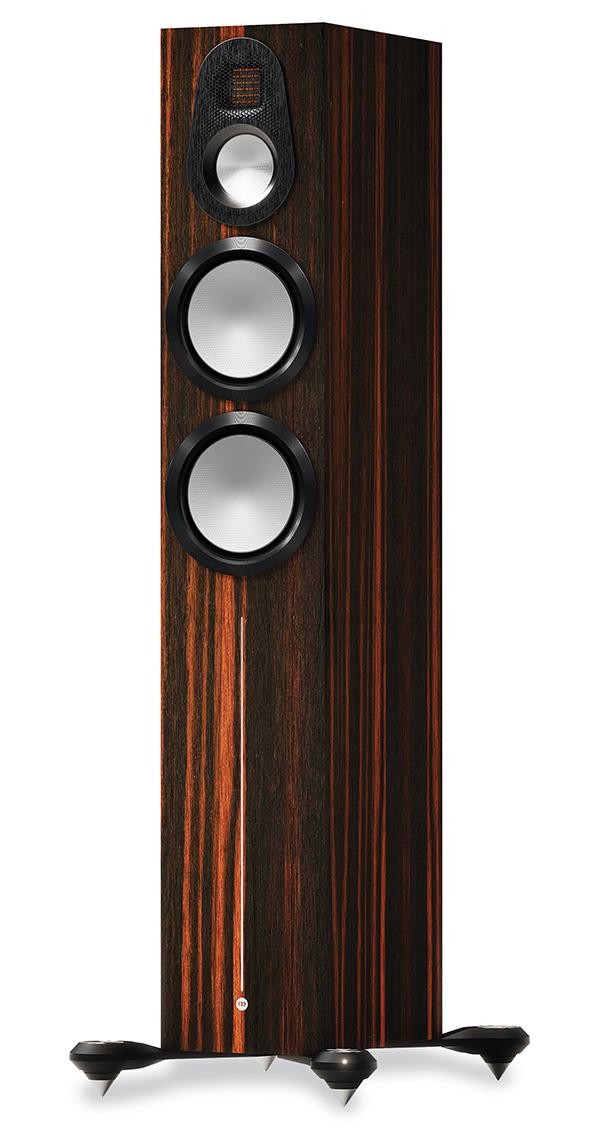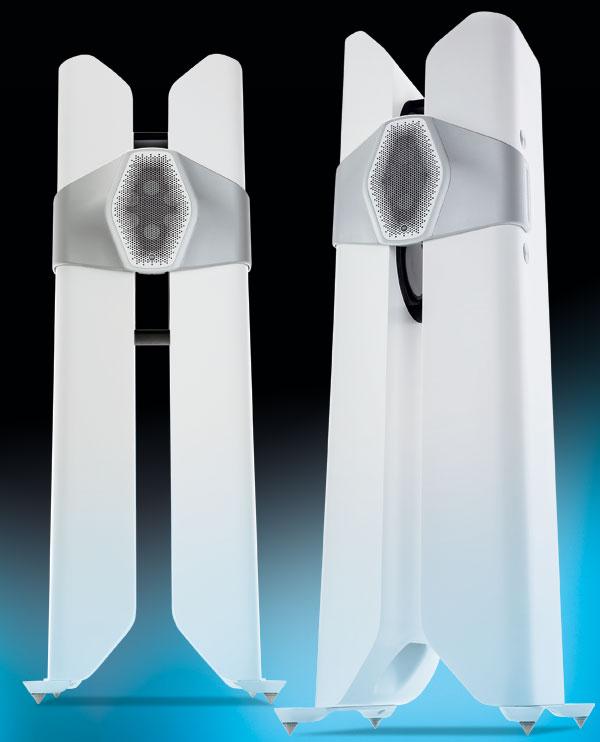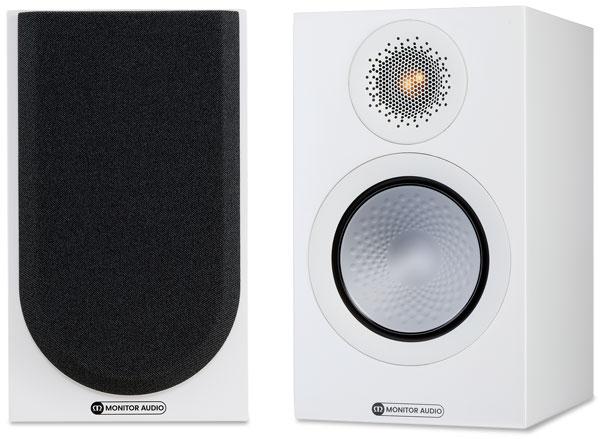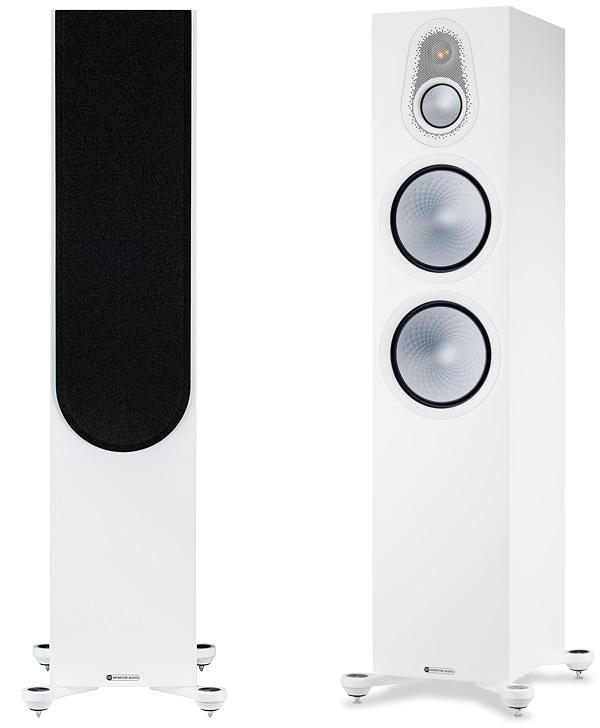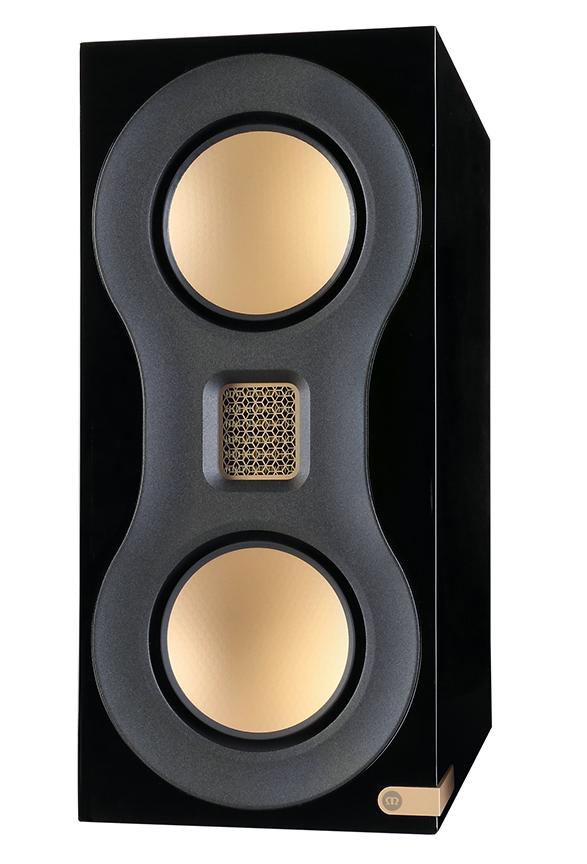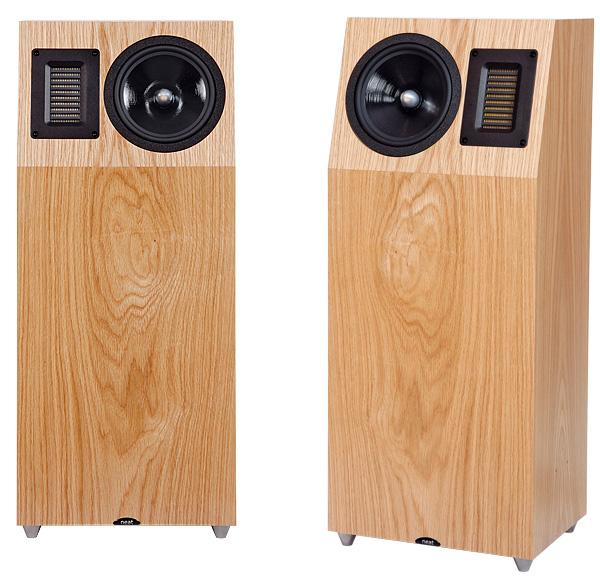Loudspeakers
Sort By: Post DateTitle Publish Date
|
Jan 17, 2025 |
First Published: Jan 01, 2025
|
Apr 23, 2025 |
First Published: Oct 01, 2024
|
May 30, 2025 |
First Published: Nov 01, 2024
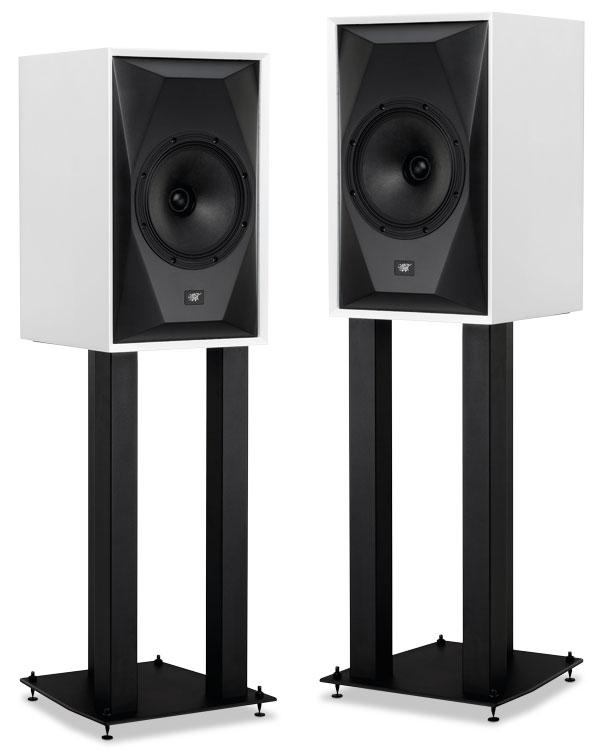
 With the 'proof of concept' SourcePoint 10 already under his belt, MoFi's Andrew Jones has engineered a more compact coincident driver array for the SourcePoint 8 cabinet
With the 'proof of concept' SourcePoint 10 already under his belt, MoFi's Andrew Jones has engineered a more compact coincident driver array for the SourcePoint 8 cabinet
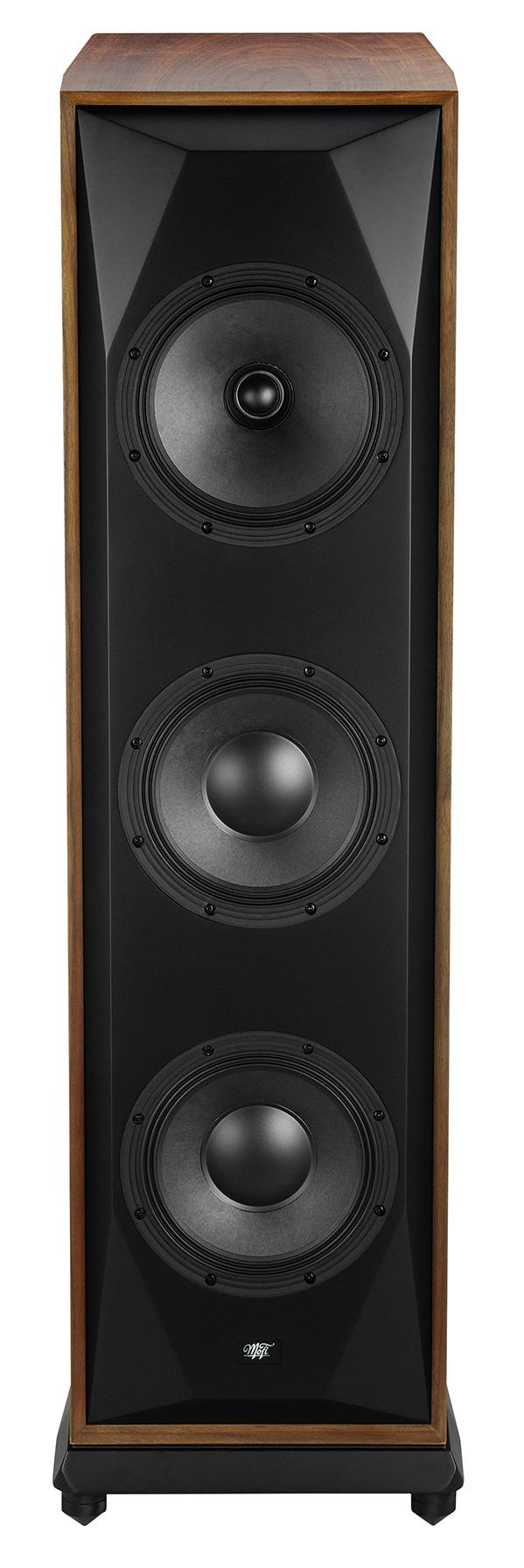
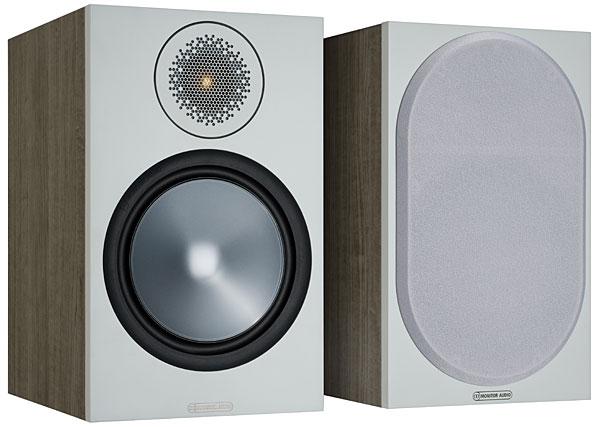
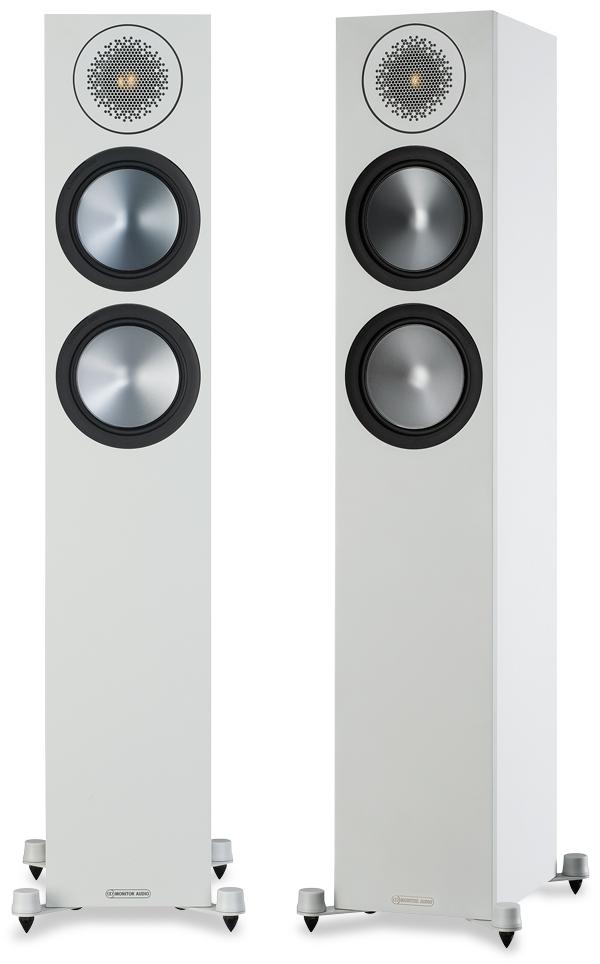
 This slim floorstander has million-dollar looks but a wallet-friendly price, and aims to sound bigger than it seems
This slim floorstander has million-dollar looks but a wallet-friendly price, and aims to sound bigger than it seems
